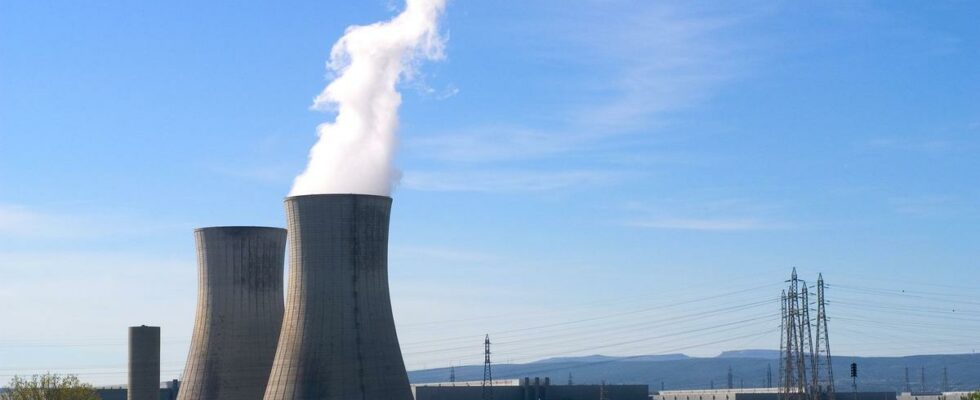The project to replace them with gas-fired power plants was undermined by the war in Ukraine.
Engie and the Belgian government finally reached an agreement on Monday. Belgium had planned, as early as 2003, a gradual phase-out of nuclear power by 2025. Last July, however, in the midst of the energy crisis in which Europe was plunged by the invasion of Ukraine by Russia, the Belgian government has decided to change its tune. And to extend two power stations – Doel 4 and Tihange 3 – for ten years, until 2035, therefore. Except that such a decision has serious consequences for the operator of the power plants. And, in Belgium, it is Engie. The energy company found itself in a strong position to lead the negotiations. They were long. But have finally come to fruition.
The two power plants, which represent a production capacity of 2 GW, will indeed be extended for ten years since an agreement has been signed between Engie and the Belgian federal government, according to a press release from the French giant. A dedicated legal structure will be created, with the Belgian State and Engie at parity in its capital, to own the two power plants. Above all, and this was the express request of Engie, a cap on future costs related to the treatment of nuclear waste will be defined in the coming weeks. Finally, a set of guarantees to ensure the proper performance of the nuclear operator’s commitments are determined.
Belgium had planned to replace its nuclear electricity with gas-fired power plants, notably from Russia. The stoppage of Russian gas deliveries put a stoppage of at least ten years on this program.
SEE ALSO – Nuclear agreement: “We are taking our energy destiny into our own hands”, announces the Belgian Prime Minister
